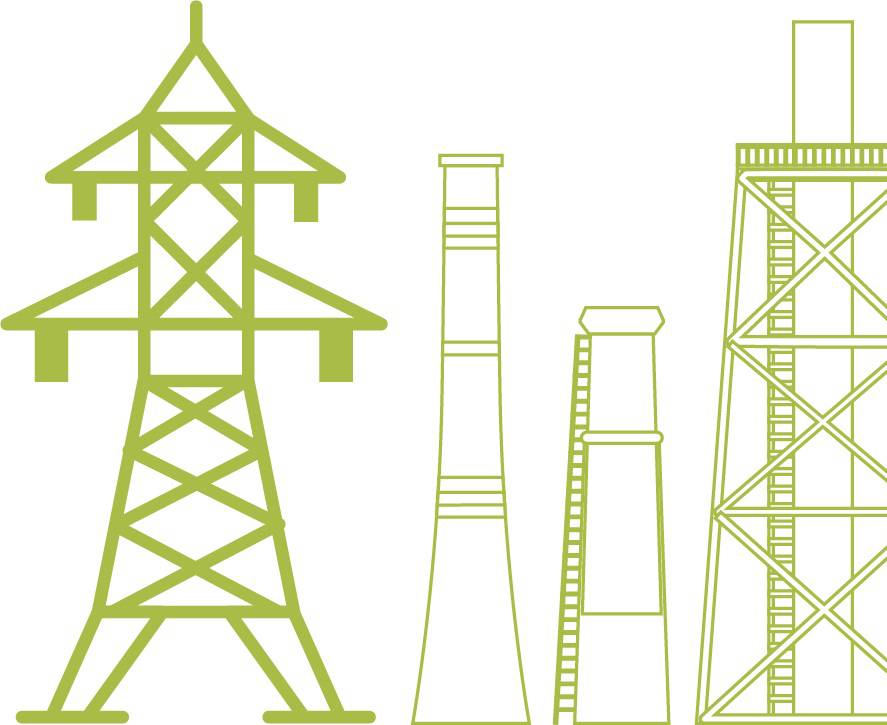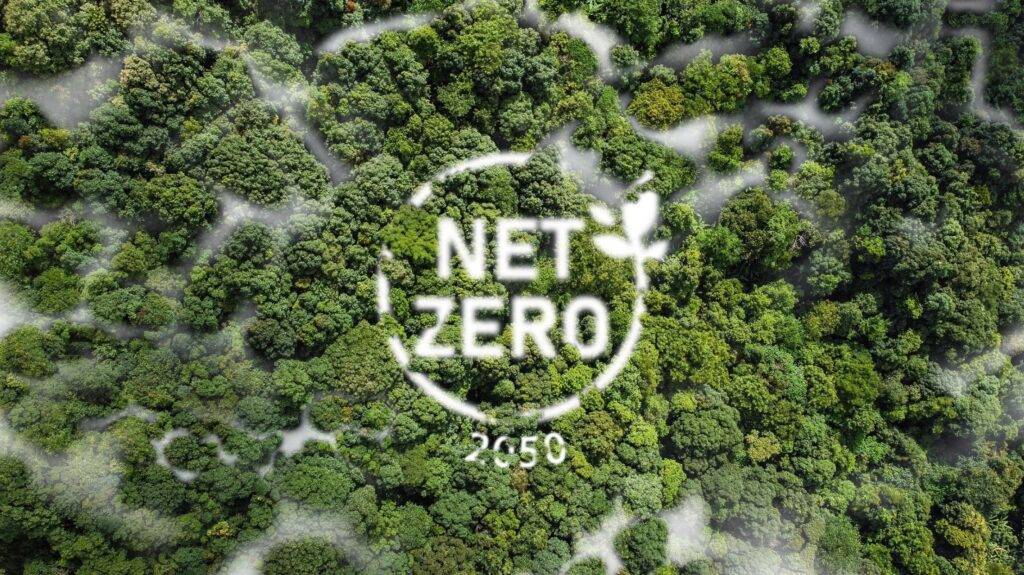The Energy Company Obligation (ECO) is a vital UK government initiative aimed at improving energy efficiency in homes, particularly for low-income households. Launched in 2013, it mandates energy suppliers to provide funding for energy-saving measures, helping to alleviate fuel poverty and reduce carbon emissions across Great Britain.
What is the Energy Company Obligation (ECO) and its purpose?
The Energy Company Obligation (ECO) is a government program designed to assist vulnerable households in improving their energy efficiency. By requiring larger energy suppliers to fund energy-saving measures, ECO aims to tackle fuel poverty while contributing to national carbon reduction targets. The current phase, ECO4, runs from 2022 to 2026, focusing on upgrading homes with low energy efficiency ratings.Chart: Overview of ECO Phases
| Phase | Duration | Key Focus |
|---|---|---|
| ECO1 | Jan 2013 – Mar 2015 | Initial rollout |
| ECO2 | Apr 2015 – Mar 2017 | Expanded measures |
| ECO3 | Dec 2018 – Mar 2022 | Targeted support for vulnerable |
| ECO4 | Apr 2022 – Mar 2026 | Focus on least efficient homes |
How does the ECO scheme work to improve energy efficiency?
The ECO scheme operates by placing obligations on larger energy suppliers to implement energy-saving measures in eligible households. These suppliers must meet specific targets based on their market share, which are calculated according to their overall gas and electricity sales. The measures include insulation upgrades, heating system replacements, and renewable energy installations.Chart: Types of Measures Funded by ECO
| Measure Type | Description |
|---|---|
| Insulation | Loft, cavity wall, solid wall insulation |
| Heating Upgrades | Boiler replacements or repairs |
| Renewable Energy | Solar panels and heat pumps |
Who qualifies for funding under the Energy Company Obligation?
Eligibility for ECO funding primarily targets low-income households or those receiving certain benefits. To qualify, applicants typically need to receive means-tested benefits such as Universal Credit, Pension Credit, or Housing Benefit. Local authorities may also refer households that do not receive these benefits but still require assistance under a flexible eligibility program.
What specific measures can be funded through the ECO scheme?
The ECO scheme covers a wide range of energy efficiency improvements. These include:
- Loft insulation
- Cavity wall insulation
- Solid wall insulation
- Boiler replacements
- Installation of renewable technologies like solar panels
These measures aim to enhance home comfort while reducing overall energy bills for eligible households.
Why was the Energy Company Obligation created and what are its goals?
The Energy Company Obligation was established as part of a broader strategy to combat fuel poverty and promote sustainable living. Its primary goals include:
- Reducing energy bills for low-income households.
- Increasing overall energy efficiency across residential properties.
- Contributing to national carbon reduction targets set by the UK government.
By focusing on vulnerable populations, ECO aims to create a more equitable energy landscape.
How does ECO contribute to reducing carbon emissions in the UK?
The ECO scheme plays a significant role in helping the UK achieve its climate goals by promoting energy-efficient practices that lower carbon emissions. By facilitating improvements in home insulation and heating systems, it reduces overall energy consumption. This aligns with broader governmental objectives aimed at achieving net-zero emissions by 2050.Chart: Estimated Carbon Savings from ECO
| Year | Estimated Carbon Savings (Tonnes) |
|---|---|
| 2022 | 3 million |
| 2023 | 4 million |
| 2024 | 5 million |
What challenges does the Energy Company Obligation face in implementation?
Despite its successes, the ECO scheme faces several challenges:
- Funding Limitations: The budget allocated for these programs may not meet demand.
- Awareness: Many eligible households remain unaware of their eligibility.
- Bureaucratic Hurdles: Complex application processes can deter participation.
Addressing these challenges is crucial for maximizing the impact of the program.
How has the ECO scheme evolved, and what is its future outlook?
Since its inception, the ECO scheme has undergone several iterations to adapt to changing needs and priorities. The latest phase, ECO4, emphasizes a more comprehensive approach by targeting homes with lower EPC ratings while removing some previous eligibility criteria related to disability benefits. Future developments may include further refinements based on feedback from stakeholders and evolving governmental policies aimed at enhancing energy efficiency.Latest News:
Recent updates indicate that over 100,000 projects have been initiated under the ECO4 framework since its launch in April 2022. The government continues to promote awareness about available funding options while encouraging local authorities to actively participate in identifying eligible households. This ongoing commitment reflects a strong push towards improving home energy efficiency across Great Britain.Editor Comment:
“The Energy Company Obligation represents a crucial step towards addressing fuel poverty while promoting sustainable living practices across the UK. As we move forward with initiatives like ECO4, it’s essential that we streamline processes and enhance public awareness so that those who need support can access it effectively.”









